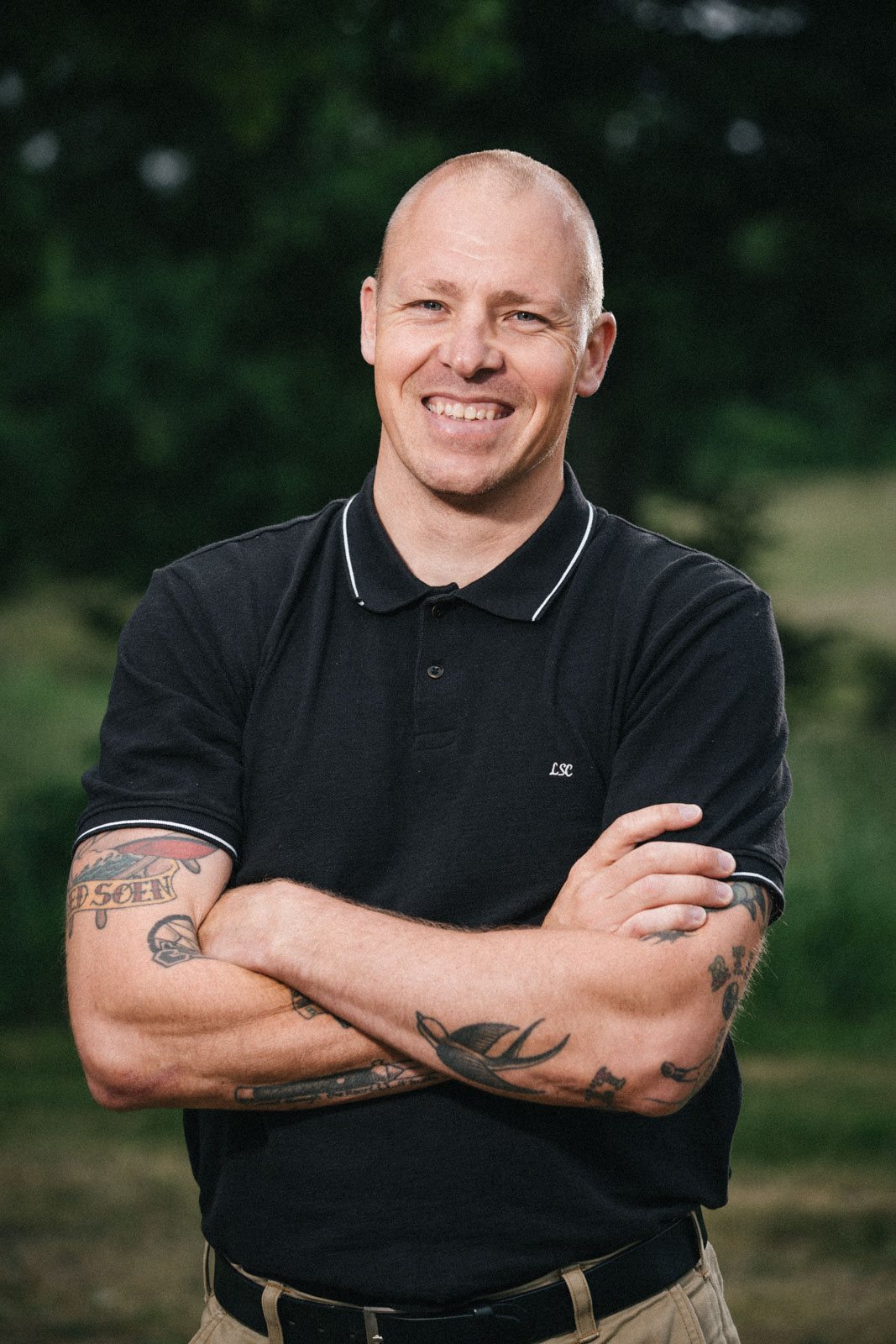
Invitation to PhD defence: Cross-sectoral collaborations between sports associations and the tourism sector
On Friday 15 October, you can attend the PhD defence for Bo Villumsen. In his PhD project, Bo has investigated the potentials and challenges that can arise in collaborations between sports organisations and tourism companies around outdoor activities. In this Q&A article, he gives a preview of the results.
What is the main focus of your PhD?
In short, it is an exploration of the potentials and challenges that can be found in cross-sectoral collaborations between sports organisations and tourism companies around outdoor activities.
I have done this by examining three selected cases for 1) how the collaborations arise and develop and how the stakeholders are involved in this process, 2) what value creation takes place in the collaborations and 3) how the stakeholders' sectoral differences play a role in the collaborations.
What are the main points of your PhD?
Overall, I think I can say that there is a potential for both sports organisations and tourism companies to collaborate on outdoor activities, as collaboration enables the handling of challenges or the fulfilment of objectives that would not be possible on their own.

The collaboration enables the associations to contribute specific knowledge and competences related to their activity, thereby providing an end-user or customer perspective on the activities that tourism businesses can benefit from.
The associations' active practitioners thus bring a practitioner perspective to what makes an activity - or the place where the activity is carried out - interesting. Through co-operation, tourism businesses come closer to co-creating the product that their customers are looking for.
The members of the organisations share a community of activities or interests with the tourists and visitors who participate in local activities. This means that local runners, mountain bikers and anglers are just as likely to see guests as fellow athletes. The encounter with local fellow athletes will undoubtedly also influence the guests' experiences.
Through collaboration, associations can - in addition to visibility that can lead to new members - experience an increased legitimisation of their activities when they benefit not only the association itself, but also an industry. This increased legitimisation can potentially help associations in other contexts, for example, when they want support from the municipality or other actors.
These are some of the main points of my PhD project.
Who are your results aimed at and how can they use them?
Of course, the results contribute to the scientific field. But beyond that, it is my hope that the results can be useful in a local community development perspective. The results hopefully contribute with a number of points of attention that can help municipalities, tourism promotion organisations, businesses, associations or other actors who see cross-sectoral collaboration as a way to develop or tackle a challenge.
Are there any results you are particularly surprised by?
Initially, my assumption was that it was the community of interest around the given activity, e.g. angling or mountain biking, that would be a key driver for the collaborations. But it turned out to be the common interest in strengthening the local area that emerged. In other words, a more geographically based community. This surprised me, which may also be due to my sports background.
If you were to do further research, what would you investigate?
I find activity-based communities particularly interesting and, in that respect, also how the surrounding community can impact them, as is the case in two of the cases I have looked at in the thesis. I think it would be interesting to investigate how the development of facilities affects the existing activity communities. One area that could be interesting to investigate is in relation to skateboarding facilities, of which many have sprung up across the country over the past decade. What does it mean for the self-organised skateboard communities, which have previously been based on a do-it-yourself culture, that professionally built and institutionally run facilities are now made available by municipalities, etc.
Inspiration catalogue for sustainable tourism
Bo has also contributed his knowledge to our new inspiration catalogue, which equips rural tourism stakeholders with better strategic and locally adapted tools to develop tourism sustainably.
Join the defence
Date: Friday 15 October 2021 at 10.00 am
Location: SDU Esbjerg,Degnevej 14, 6705 Esbjerg Ø, room E81031
Registration: Sign up for the defence by sending an email to: uho@sam.sdu.dk